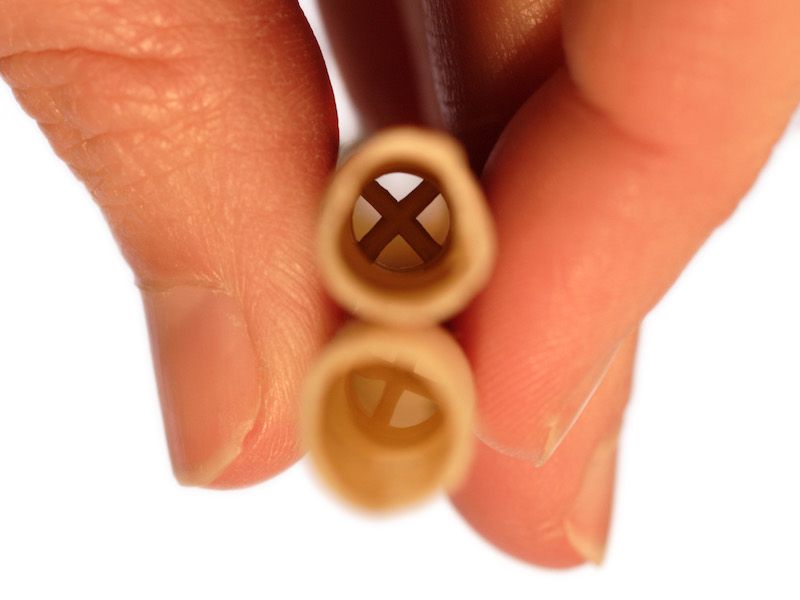
In some circles, the practice called “ear candling” is persistently believed to be an effective way to reduce earwax. Does ear candling work and what is it?
Is Ear Candling Effective?
Spoiler alert: No. They definitely don’t work.
Why then, does this piece of pseudo-science keep burrowing its way into the heads of otherwise reasonable people? It’s difficult to say with much accuracy. But the more you discover about earwax candling, including the risks involved, the more likely you can make an informed choice (even if the rational choice is pretty clear).
Earwax Candling, What is it?
So here’s the basic setup: Perhaps you have an excessive amount of earwax and you’re not really certain how to eliminate it. You’ve read that it’s dangerous to use cotton swabs to clear your earwax out. So, after doing some research, you find a technique known as earwax candling.
Earwax candling is supposed to work as follows: You create a pressure differential by inserting the candle into your ear, wick side out. The wax inside of your ear, then, is pulled outward, towards the freedom of the open world. Theoretically, the pressure difference is enough to break up any wax that might be log-jamming in your ear. But this hazardous practice is not a smart way to clean your ears.
Why Isn’t Ear Candling Effective
This practice has a few problems, like the fact that the physics just don’t work. There’s just no way for a candle to create that kind of pressure differential (and in order to move earwax around, that pressure differential would have to be quite substantial indeed). Also, a candle doesn’t possess the sort of seal necessary to hold pressure.
Now, there are supposed to be special candles used in this “procedure”. When you’re finished with your fifteen minutes of ear candling, you can break apart the candle and, in the middle, see all bacteria, debris, and wax that had previously been in your ear. But the problem is you can find this same material in new unburned candles also. So this “proof” is really nonsense.
Earwax candling has never been proven by science to have any benefit at all.
So Earwax Candling Doesn’t Work, But How Safe is it?
So, you might as well give it a try, right? Well, you’re asking for trouble anytime you get a hot candle near your ears. You might be fine if you try earwax candling. People do it all of the time. But there are definitely hazards involved and it’s certainly not safe.
Here are some negative impacts of ear candling:
- Any time you’re messing around with an open flame, there’s a chance that you could cause significant damage and put your life in danger. Seriously, you may burn down your house. It’s not worth the danger to attempt this ineffective technique of wax removal.
- Once the wax cools down it can block your ear canal. This can cause temporary hearing loss or, in the most extreme cases, call for surgery.
- Your ear can be severely burned. When melted candle wax goes inside your ear, it can result in serious hearing problems and burns. In the most severe cases, this might permanently compromise your hearing.
You Can Clean Your Ears Without Needing a Candle
Most people will never truly need to be concerned about cleaning earwax from their ears. That’s because the human ear is basically a self cleaning system. Nevertheless, there are a few people who will have unusually heavy earwax production or buildup to contend with.
If you do need to clean out your ears due to too much wax, there are scientifically-proven (and reliable) methods to do that safely. You could use a fluid wash, for example. Another option would be to see a hearing care specialist for an earwax cleaning.
Cotton swabs are definitely a no-no. And you should also stay away from using an open flame to clear out earwax. Earwax candling is a technique that has no benefit and will put your ears, and your entire person, at significant risk of injury and damage. So perhaps it’s time to put those special candles away.
